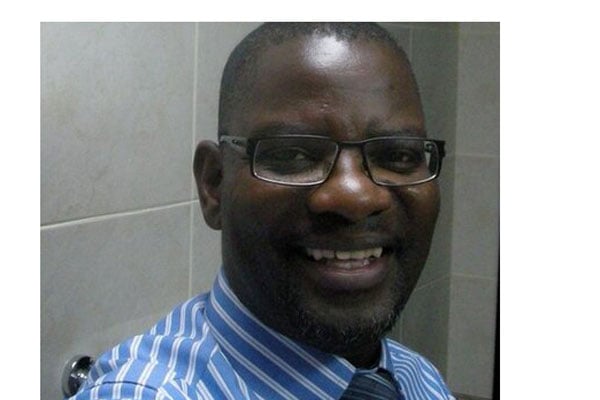Prime
War against graft: Nakalema must be joking

Author: Musaazi Namiti. PHOTO/FILE
What you need to know:
- Many people in Uganda you will report corruption to are likely to be corrupt themselves, so they view anybody reporting corruption as an enemy, someone pulling meat out of their mouth and the mouths of their families.
The head of the State House Anti-Corruption Unit, Col Edith Nakalema, was bullish while talking about her organisation’s ongoing fight against graft. According to this newspaper, she said that the “war against corruption will be won”.
I laughed.
And I remembered a story I want to share with readers just so they know that fighting corruption in Uganda is not as easy as it sounds.
Several years ago, I set about getting my Tax Identification Number (TIN), and I went to one of the offices of the Uganda Revenue Authority (URA). A URA employee told me to my face, in Luganda, that I had to buy him waragi, or hard liquor, if I wanted the TIN processed in time.
“Where is my waragi,” he asked me, as he sat back in a swivel chair, his unflinching look focusing on my face. He told several other people in his office to do the same and was putting all his backhanders under the keyboard of his computer.
The seriousness with which he made his demand, unworried that his actions could land him in trouble, left me in no doubt that he probably knew that senior employees of the tax body are corrupt, too.
Two things crossed my mind when I was told to pay a bribe. One was to call the URA and report the employee. But I know from experience that, in Uganda, this rarely works. In fact, it may even cost your life or, at the very least, you may have acid thrown at you. Another was to write about the incident since I knew the name of the employee. I decided against both.
Many people in Uganda you will report corruption to are likely to be corrupt themselves, so they view anybody reporting corruption as an enemy, someone pulling meat out of their mouth and the mouths of their families.
In 2005, when I was renewing my passport, I tried to act as a whistleblower to no effect. I went to the Passport Office and was greeted by a man who apparently had been planted there just to collect bribes for Passport Office employees.
He wanted me to pay a bribe to renew my passport. I protested and even phoned Dr Ruhakana Rugunda, who was the minister of Internal Affairs at the time. I had also seen non-Ugandans at the US embassy in Kampala in possession of Ugandan passports. When I asked them how they secured those passports, they said they just had to pay someone a bribe.
Dr Rugunda promised to investigate the matter, and I suppose he did. But in our country, the good guys are vastly outnumbered by the bad ones. It is hard to win.
Sixteen years down the road, the Passport Office and the immigration department remain some of the most corrupt agencies in Uganda — and many Ugandans renewing passports always pay bribes.
Yet this kind of corruption is the least serious. The most serious corruption involves men who are an integral part of the political class. They are powerful and ruthless. They can kill. Everyone fears them. You cannot fight this corruption without stepping on the toes of the people running Uganda.
Then there is corruption where a police officer who earns, say, Shs 2m a month acquires a tasteful mansion and expensive property after working for less than five years. This corruption is rarely investigated or punished.
Col Nakalema and Beti Kamya, who heads the Inspectorate of Government, will not give up, but the odds that they will not go far are huge
Mr Namiti is a journalist and former Al Jazeera digital editor in charge of the Africa desk
@kazbuk




